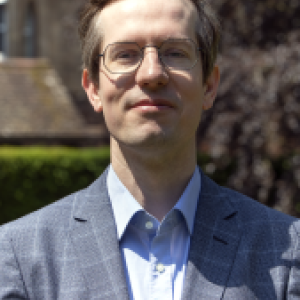Stefan Theil
Associate Fellow - Bonavero Institute of Human Rights

Biography
Dr Stefan Theil was the inaugural Research Fellow in Civil and Political Rights at the Bonavero Institute, University of Oxford (2017-2021).
Stefan is Assistant Professor in Public Law and a Fellow and Director of Studies at Sidney Sussex College. Stefan’s research interests are broadly in the field of public and constitutional law, as well as human rights and legal methodology.

